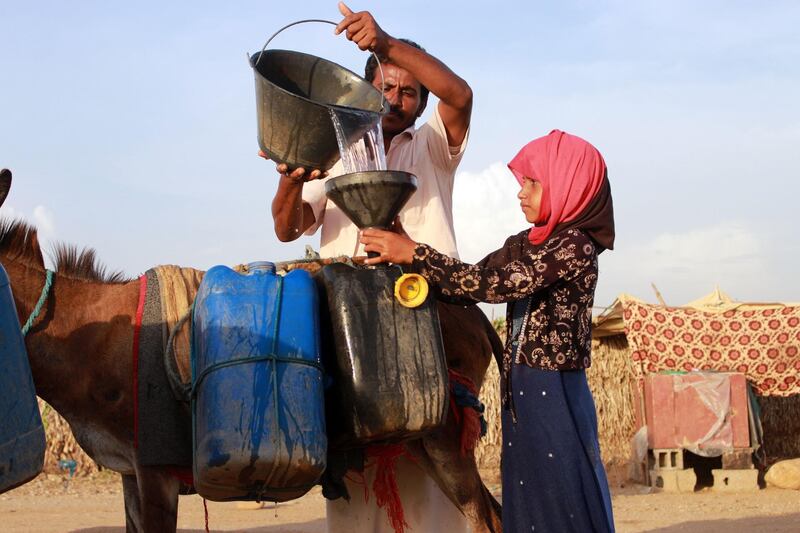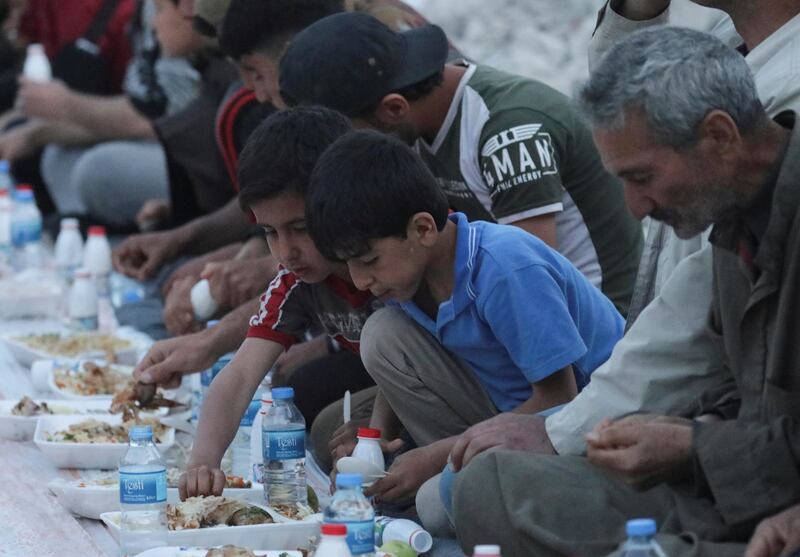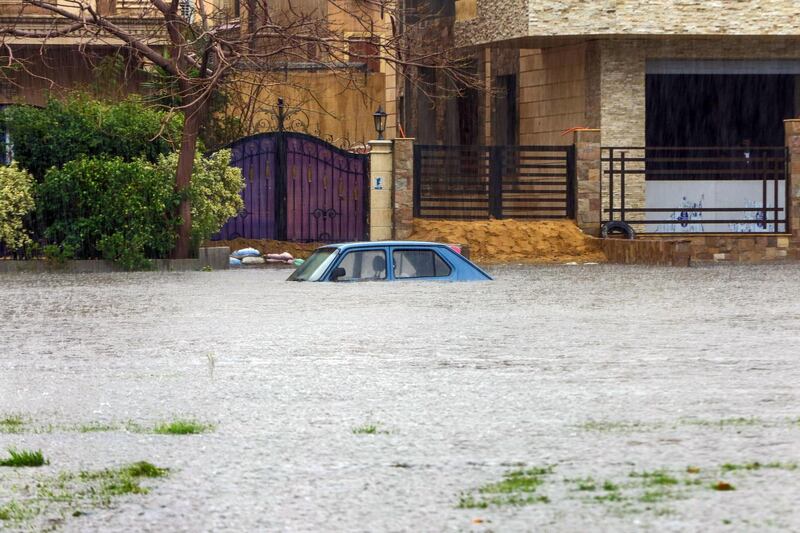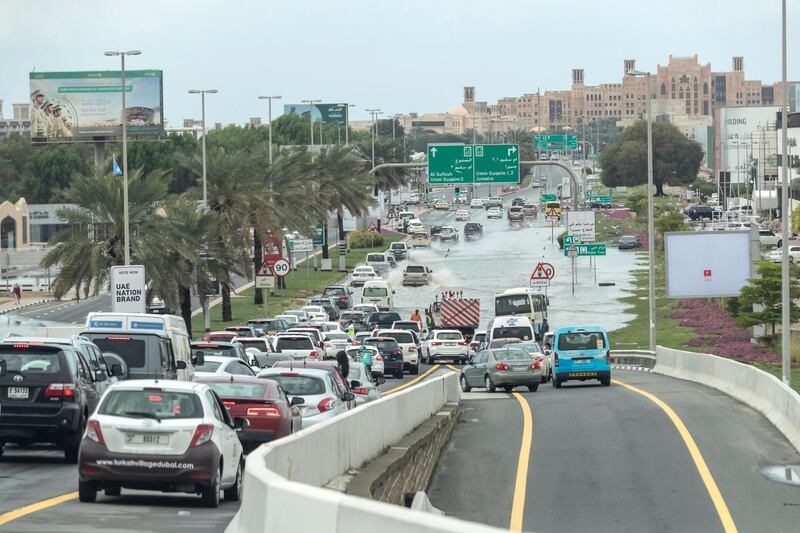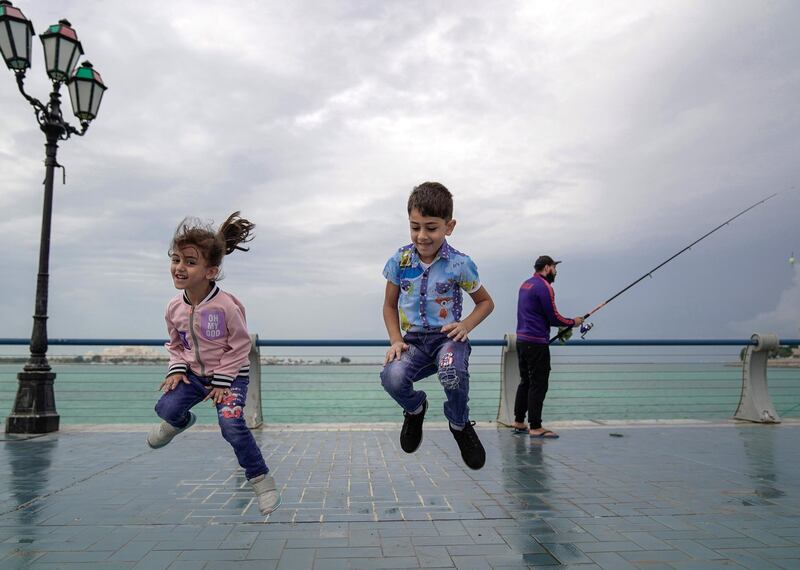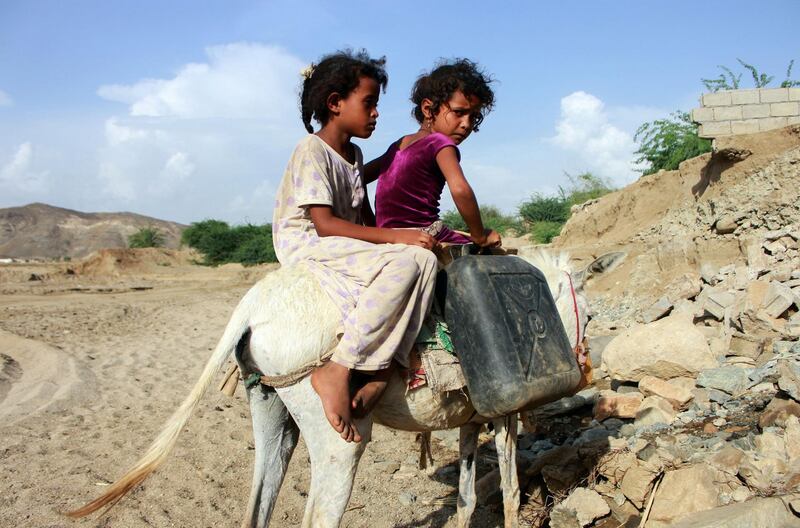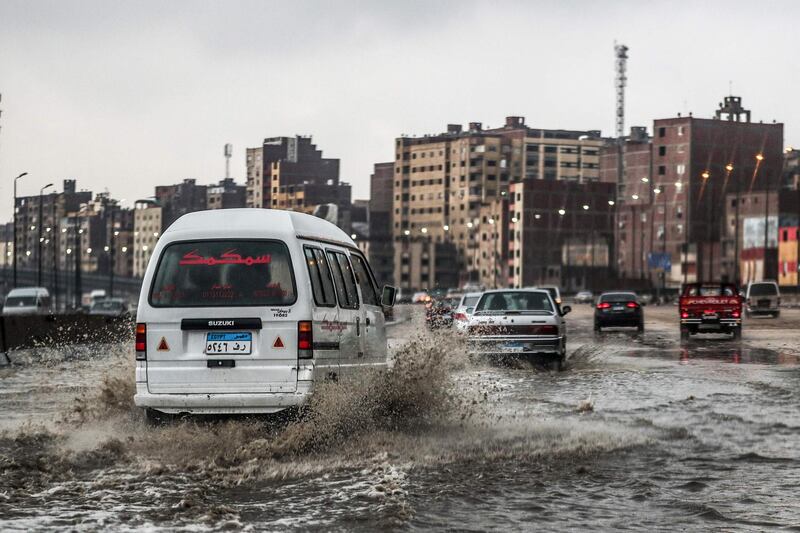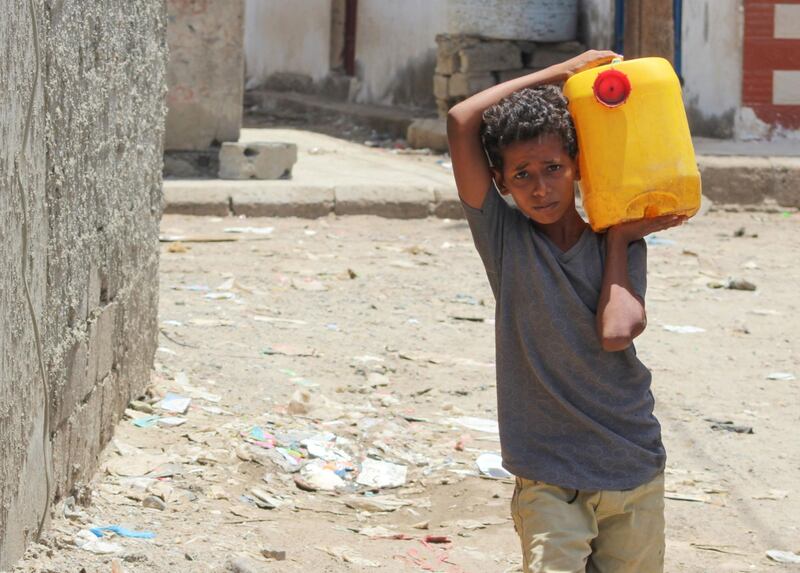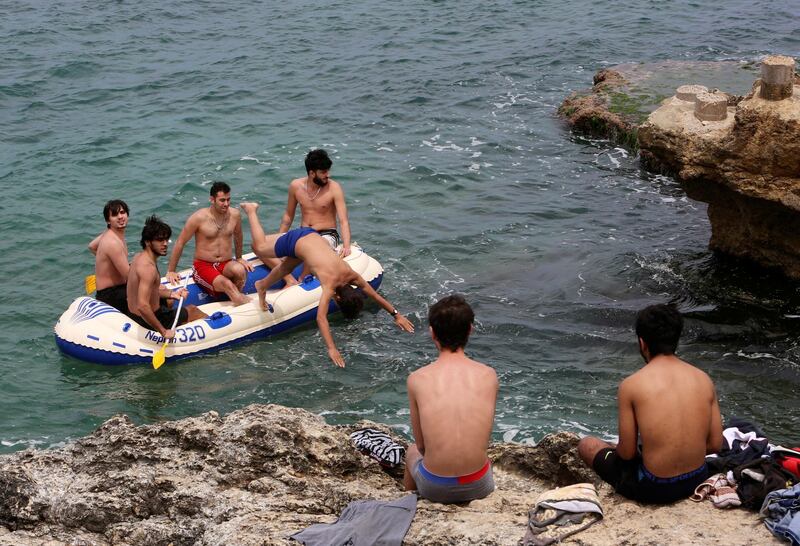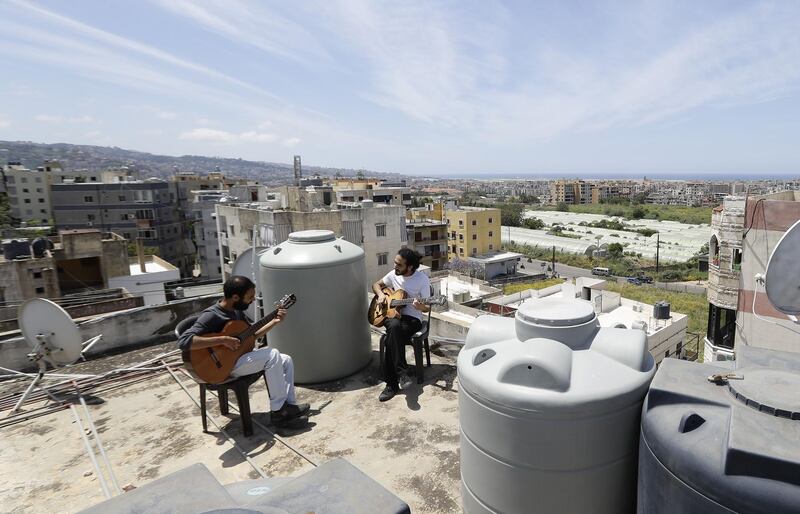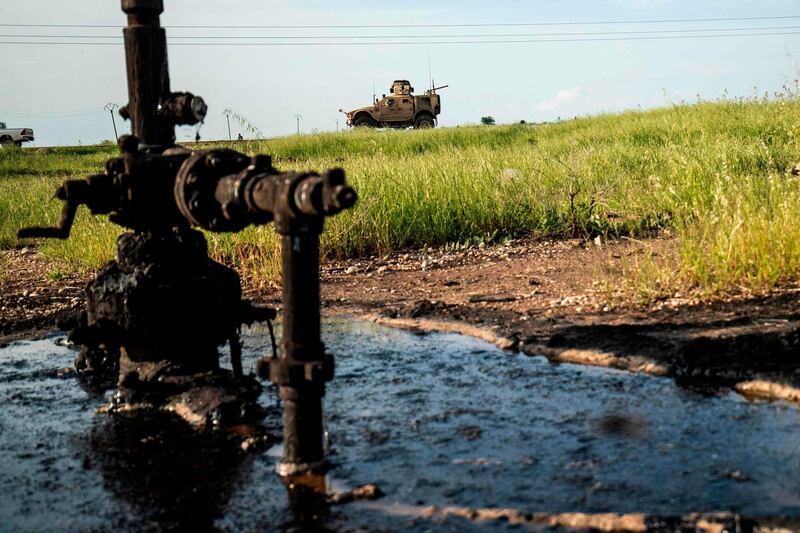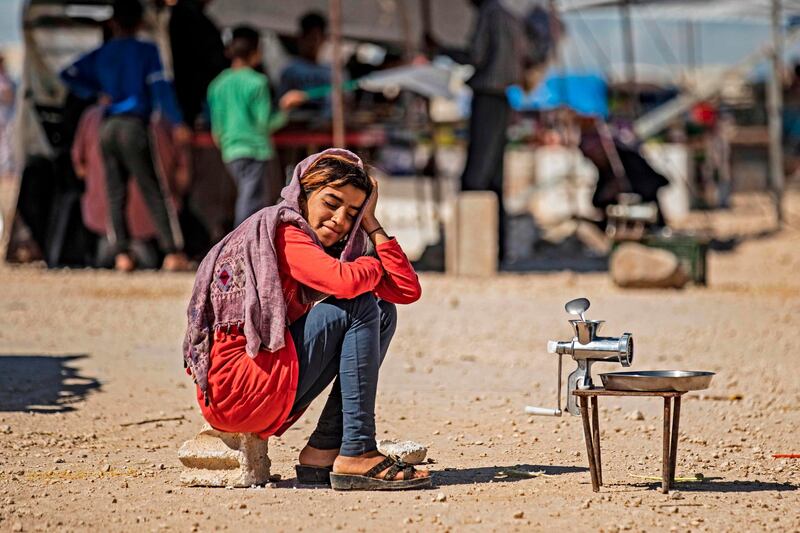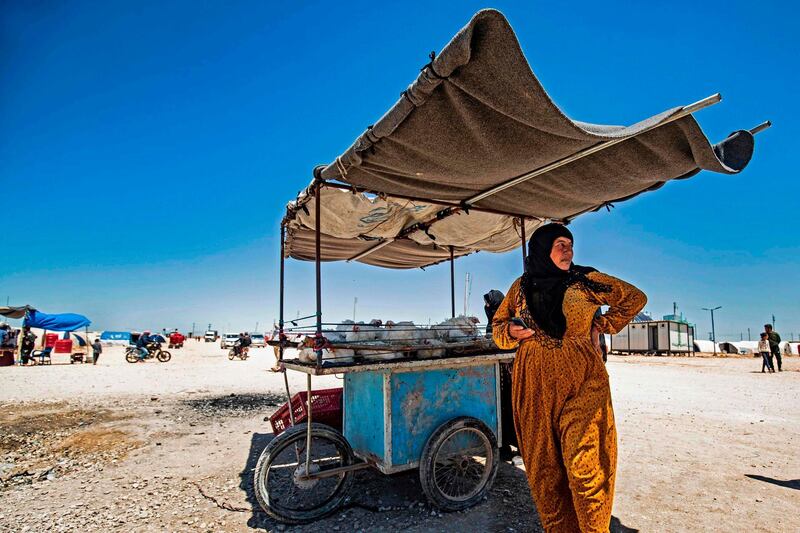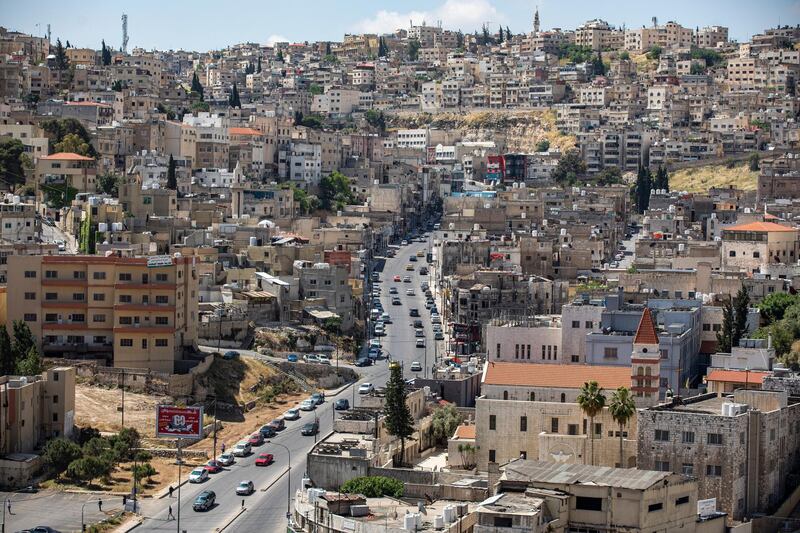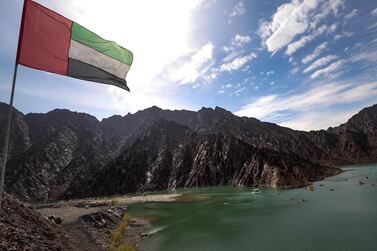When the primary weapon against fighting a worldwide pandemic is water, and you’re living in a water scarce region, a new layer of tension may not be so far away.
Covid-19 brings with it an unprecedented economic, health and humanitarian crisis. There are many impacts, and some are yet to be discovered. In the Arab world in particular, one issue requires increasing attention: the growing water crisis in an already volatile region.
According to the World Health Organisation, three billion people around the world lack basic hand-washing facilities.
This is particularly problematic, given that the WHO has advised that preventing the contraction of the coronavirus first begins at the individual level, with social distancing and rigorous hygiene.
Although washing is normally a simple task, it may become harder as summer approaches in the Middle East and North Africa (Mena), home to 12 of the 17 most water-stressed countries in the world.
The fact that coronavirus infection numbers are still relatively low in large parts of the Arab world provides an opportunity to put in place sustainable measures now that would prevent the situation from growing worse in the future.
According to the 2019 Global Peace Index, Mena is the world’s least peaceful region.
The last several decades have seen it plagued by instability and wars. Countries in the region are already challenged by a dramatic rise in refugees and internally displaced persons as a result of ongoing wars in Syria, Libya and Yemen, as well as instability in Iraq.
Jordan's reliance on aquifers
Take the example of Jordan. It receives less than 50 millimetres of rainfall per year and is heavily dependent on domestic aquifers for its water supply.
In the first few days of its coronavirus lockdown, Jordan saw complaints and concerns raised to authorities regarding access to water increase by almost 60 per cent.
While strict measures have been imposed to control the situation, it may become worse as the summer approaches.
In Syria, UNICEF is transporting clean water via lorries into some of the most devastated cities and IDP camps, but this is only a temporary solution and further highlights the need for better water management to combat future viral outbreaks.
Lebanon: relatively water-rich
In Lebanon the number of registered coronavirus cases has passed 800. Even though the Government of Lebanon took some early measures to limit the spread, a steady supply of water remains a concern – one that will continue beyond the current pandemic. Lebanon is a relatively water-rich country in a water-scarce region, with an average annual rainfall of 800mm.
However, the country suffers from a problem common in the developing world: one of poor and ineffective integrated water resource management.
Even some of Beirut’s wealthiest neighbourhoods lack access to a regular supply of water and are forced to rely on tankers. Water shortages affect over a quarter of the Lebanese population, with many low-income neighbourhoods receiving irregular and intermittent supply.
Although some countries have strong health care and resources necessary to face the pandemic, Mena as a whole is ill-equipped to face this global challenge.
Wash your hands 20 times a day?
The rise of the pandemic will increase the pressure on those whose healthcare systems are struggling. In these places, the best available option for many people would be to take matters into their own hands, so to speak, by washing them with soap and water.
Renowned Indian environmentalist and researcher Ranjan Panda found that the average person washes his or her hands around 18 to 20 times a day — not difficult to imagine if we think about all the activities we go through in a day, and uses approximately 40 litres of water doing so.
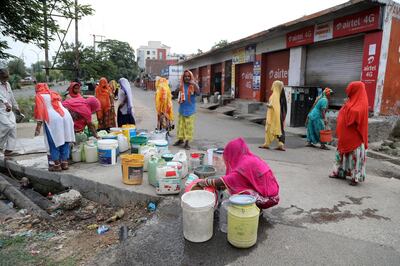
The need to do so is especially heightened during these overly cautious times. If one is being judicious, they may use half that amount of water.
Even so, this places significant strain on central and regional governments to secure water for densely populated urban centres and rural areas.
The GCC's share of challenges
The Gulf Co-operation Council countries also have to tackle water stresses. The UAE, a naturally arid country, is amongst several Gulf nations that rely upon the collection and treatment of wastewater (over 80 per cent) to supplement the minimal fresh water available. However, less than 50 per cent of the treated water is reused, highlighting the challenges of managing the system.
Erratic changes in climate are making matters worse. In early March, several countries in the wider Mena region were hit by severe storms. The heavy rain and widespread flooding left many disadvantaged urban areas in Cairo and other cities without potable water for a large part of the month.
While the added strain was short lived, the experience has served as a reminder of the need for governments to prepare for future severe weather events brought on changes in the climate, as well as environment or agricultural insecurity.
Handwashing is saving lives during the #COVID19 pandemic. But 3 billion people live without basic handwashing facilities with soap and water available at home. We cannot leave anyone behind without the proper means to protect their health.#Coronavirus https://t.co/ItB57X9sfF pic.twitter.com/NP2Ef1zfZM
— UN-Water (@UN_Water) May 12, 2020
Given the current pandemic, the relationship between water and health security, and the risks shared between them, must be considered thoroughly and not in silos.
Countries in the region must strengthen their regional strategy and anticipate future events, like pandemics, that require us to use large amounts of water.
Scientists are still debating whether or not we will witness a decline in Covid-19 cases as temperatures rise with the arrival of summer. But even if this turns out to be true, it should not be a reason for governments and policymakers to let their guard down and neglect to craft a sustainable strategy for water resource management.
The ongoing coronavirus pandemic is ringing an alarm bell, alerting us to the need to take immediate measures to ensure that citizens have a steady supply of water.
A recent study by the World Resources Institute found that by spending a little over one per cent of global Gross Domestic Product over the next decade, the world could provide water security for all by 2030.
While global institutions can support the Mena region with expertise, lessons from other experiences, new technology and aid, it is imperative that governments in the Arab world channel policy planning efforts and resources to create resilience in water management.
The Arab Water Security Strategy 2010-2030 details the importance of alternative water resources, including desalination and the reuse of wastewater, as well as the need to collectively combat climate change.
But any strategy for integrated water management policies needs to go beyond securing supply. It must address the management and regulation of demand, too.
At the individual level, we can play a small, but important role in the overall story. The latest health advice for maintaining hygiene during the coronavirus pandemic recommends lathering one’s hands with soap for 20 seconds before rinsing.
By simply turning off the tap for those 20 seconds, each person can save one to two litres of water with every wash. Spread across all of humanity as we continue to fight this pandemic together, one or two litres become billions.
Ambika Vishwanath and Karma Ekmekji together have over 25 years of experience in water, peace and security and public policy
